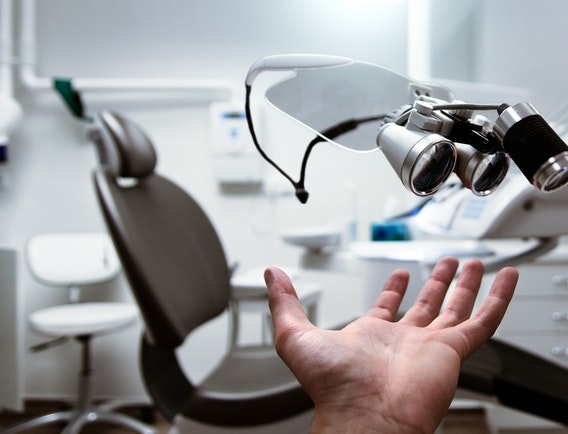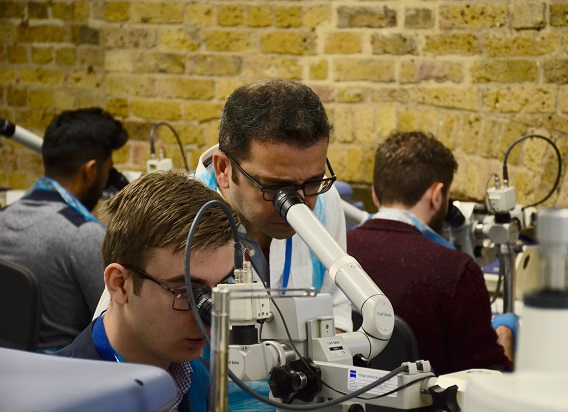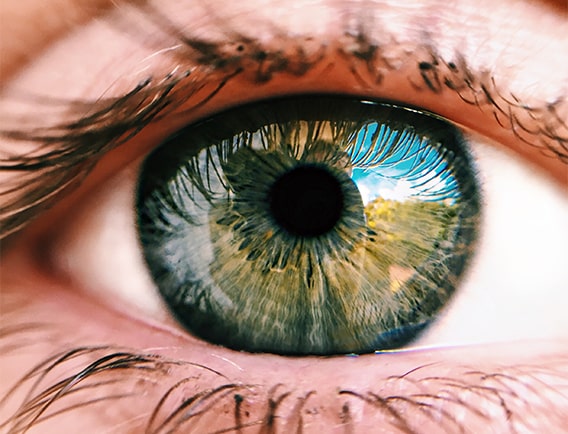Getting surgery can be a experience. But, not when you come through our service. Our dedicated team will put you completely at ease. We’ll provide you with all the support you need to ensure a speedy recovery while also inspiring confidence, every step of the way. If you would like to know more about our services, then please take a look below.
- Shores Road, Woking, Surrey GU21 4BY
Privacy Policy | Terms of Use | Cookie Policy | Disclaimer | Contact
Copyright © 2024 Vinod Gangwani – All Rights Reserved. Built by AmeenDigital






